- Home›
- Healthy Living›
- 6 Foods Devoid Of Fructose And Sucrose
6 Foods Devoid Of Fructose And Sucrose
By: Kratika Tue, 24 Jan 2023 4:01:38
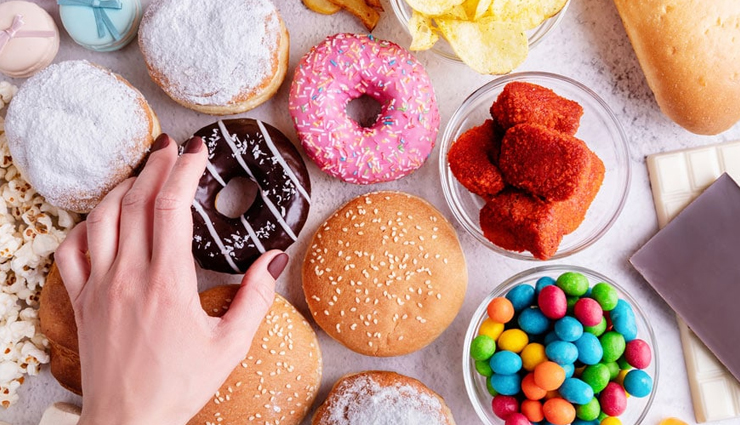
Fructose is a naturally occurring sugar that is commonly found in fruits and honey. It is also prepared commercially and is a component of sucrose (common table sugar). Fructose is generally assimilated easily in most people. However, some people experience fructose malabsorption, which causes abdominal pain, gas formation, bloating, and even diarrhea.
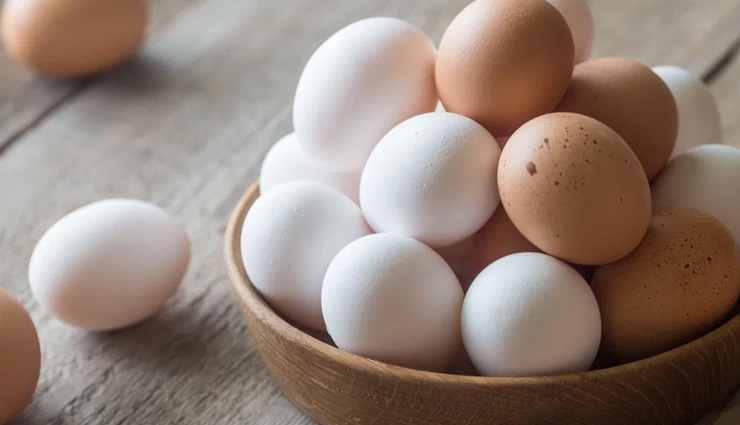
# Eggs
Eggs are some of the healthiest of foods and make an excellent option for any meal. They’re rich in many nutrients and are completely devoid of fructose and sucrose. Whole eggs are a rich source of protein and vitamins A, D, E and K. They are also high in calcium, iron and the carotenoids lutein and zeaxanthin.
Studies have shown that people who regularly consume foods that are high in lutein and zeaxanthin are at a lower risk of heart disease and age-related macular degeneration. However, certain egg-based products such as ketchup may contain forms of fructose and sucrose.
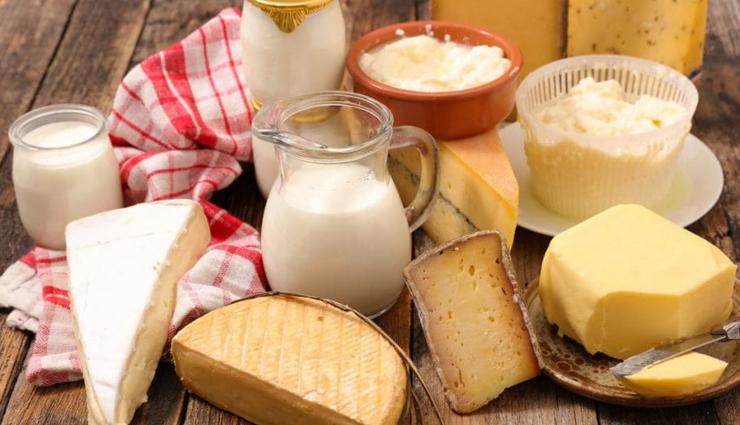
# Dairy
Dairy products such as milk and cheese do not contain fructose or sucrose and are great sources of protein and calcium. But, lactose-intolerant people may experience stomach discomfort, bloating and flatulence after consuming these products. Lactose is a type of sugar found in milk and other dairy products. People who are fructose intolerant can safely consume any type of milk product as long as it does not contain any added sugars.
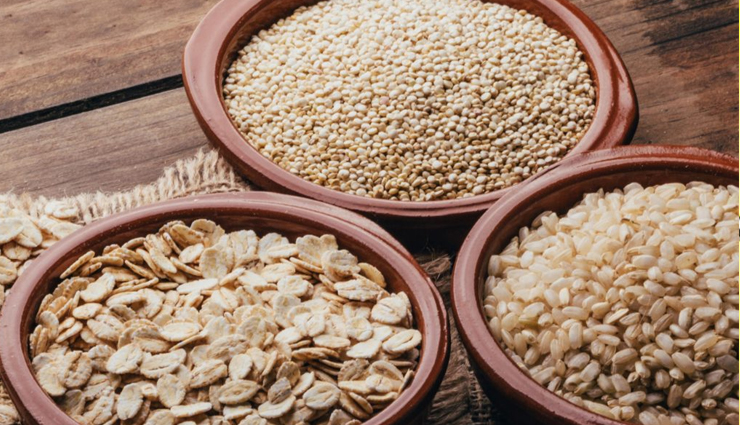
# Whole Grains
Plain whole grains are extremely nutritious and are free of fructose or sucrose. Whole grains are very low in fat, high in fiber content and are a great source of essential nutrients like potassium, which helps maintain the balance of body fluids, and selenium, which promotes thyroid hormone activity.
However, refined grain products are usually prepared with fructose, sugar or sorbitol, which is a sugar alcohol used as a sweetener in commercial foods. It is vital to include whole-grain cereals and bread in your daily diet and read the package labels to ensure that the foods you buy do not contain added sugars.
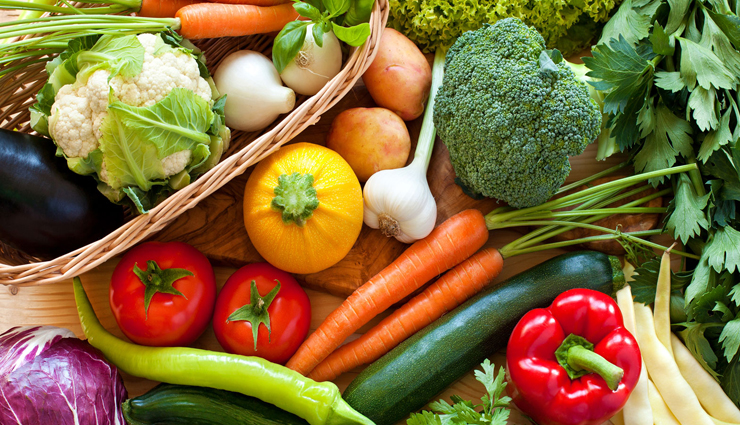
# Vegetables
If you’re on a fructose- and sucrose-free diet plan, except for a handful of veggies, most vegetables are safe for consumption. Vegetables such as lettuce, asparagus, celery, spinach, and peppers contain high levels of essential fiber, which helps the free movement of digestive waste products through your body.
They play an important role in regulating blood sugar levels and help in lowering cholesterol. Some vegetables that contain sugar and must be avoided are tomatoes, corn, sweet potatoes, carrots, and canned vegetables containing sugar.
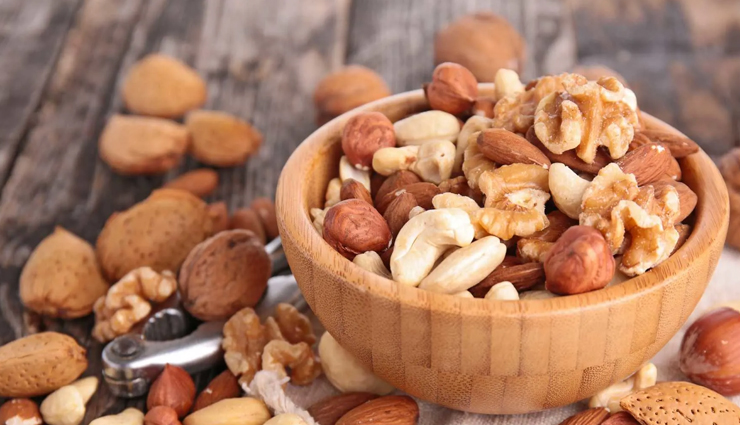
# Nuts
Nuts are essential for overall health as they contain many vital nutrients and minerals. Since they are free of fructose and sucrose, they can be a healthy and nutritious snack. Though nuts are high in calories, they provide us with healthy fats that help reduce low-density lipoprotein levels (bad cholesterol) and make the walls of the artery more flexible.
Nuts are super foods that also contain omega-3 fatty acids, which are crucial in preventing heart attacks. The vitamin E present in nuts helps in preventing plaque development in the arteries. Nuts also contain copper, which is known to reduce both blood cholesterol and blood pressure. However, nuts coated with candy and nuts prepared using fructose, sugar or sorbitol are best avoided.
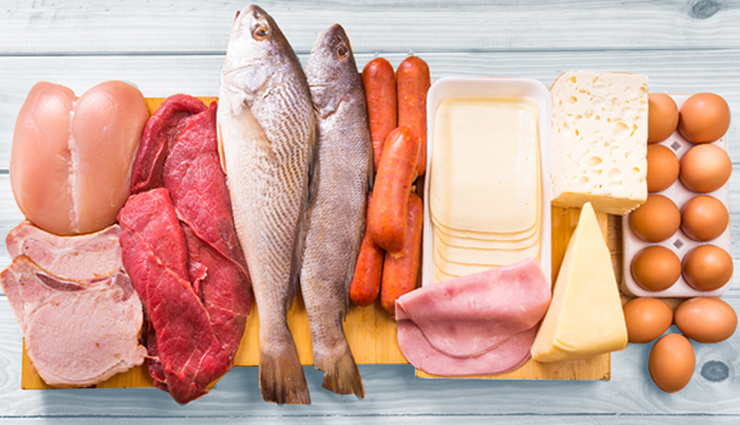
# Meat, Poultry, And Fish
Red meat, fish, and poultry are a rich source of protein and are completely free of fructose and sucrose. However, marinated, seasoned or breaded meats, poultry, and fish usually contain some forms of fructose or sucrose.
Avoid consuming hot dogs, bacon, cold cuts, and sausages as they generally contain variations of fructose, such as honey, high-fructose corn syrup or agave syrup. They may also contain forms of sucrose, such as glucose, dextrose or sugar. Ensure that you read the product labels of packaged foods to ascertain if they are fructose- and sucrose-free.





